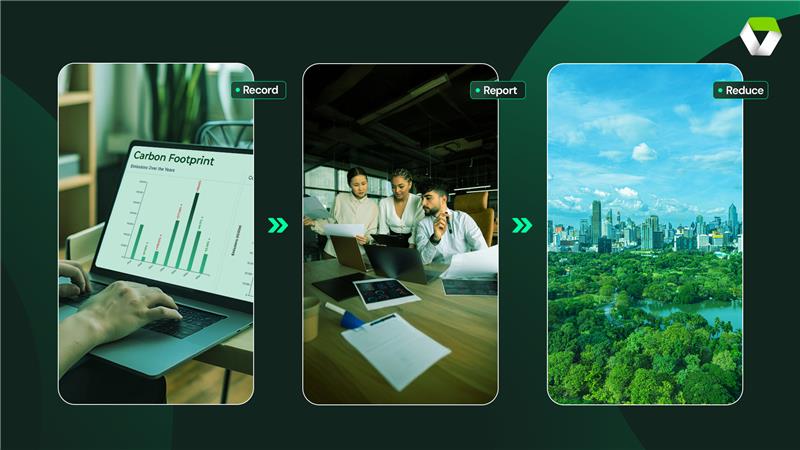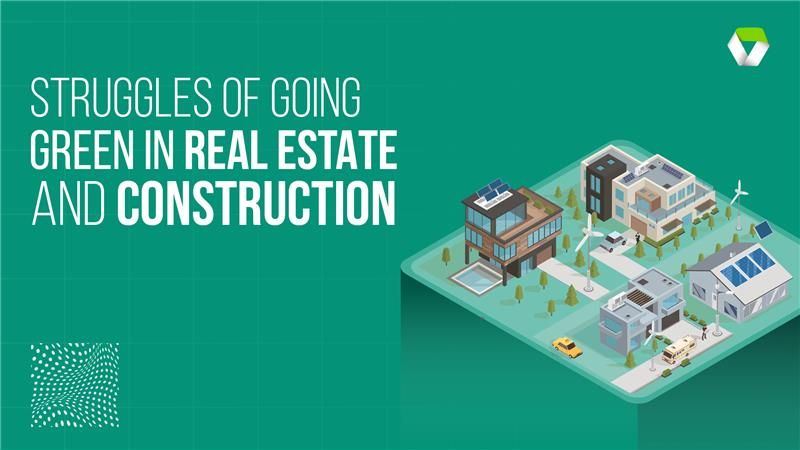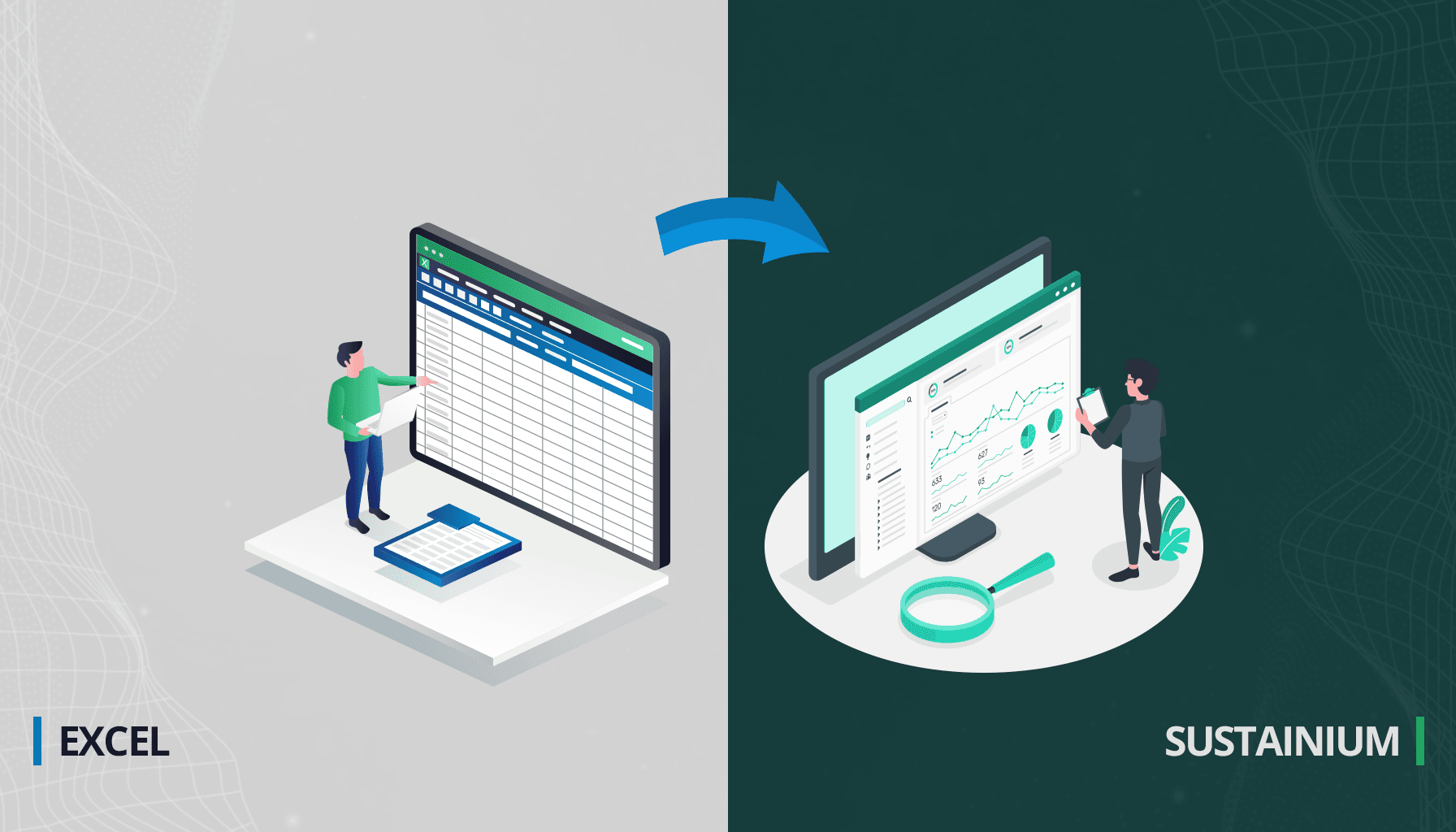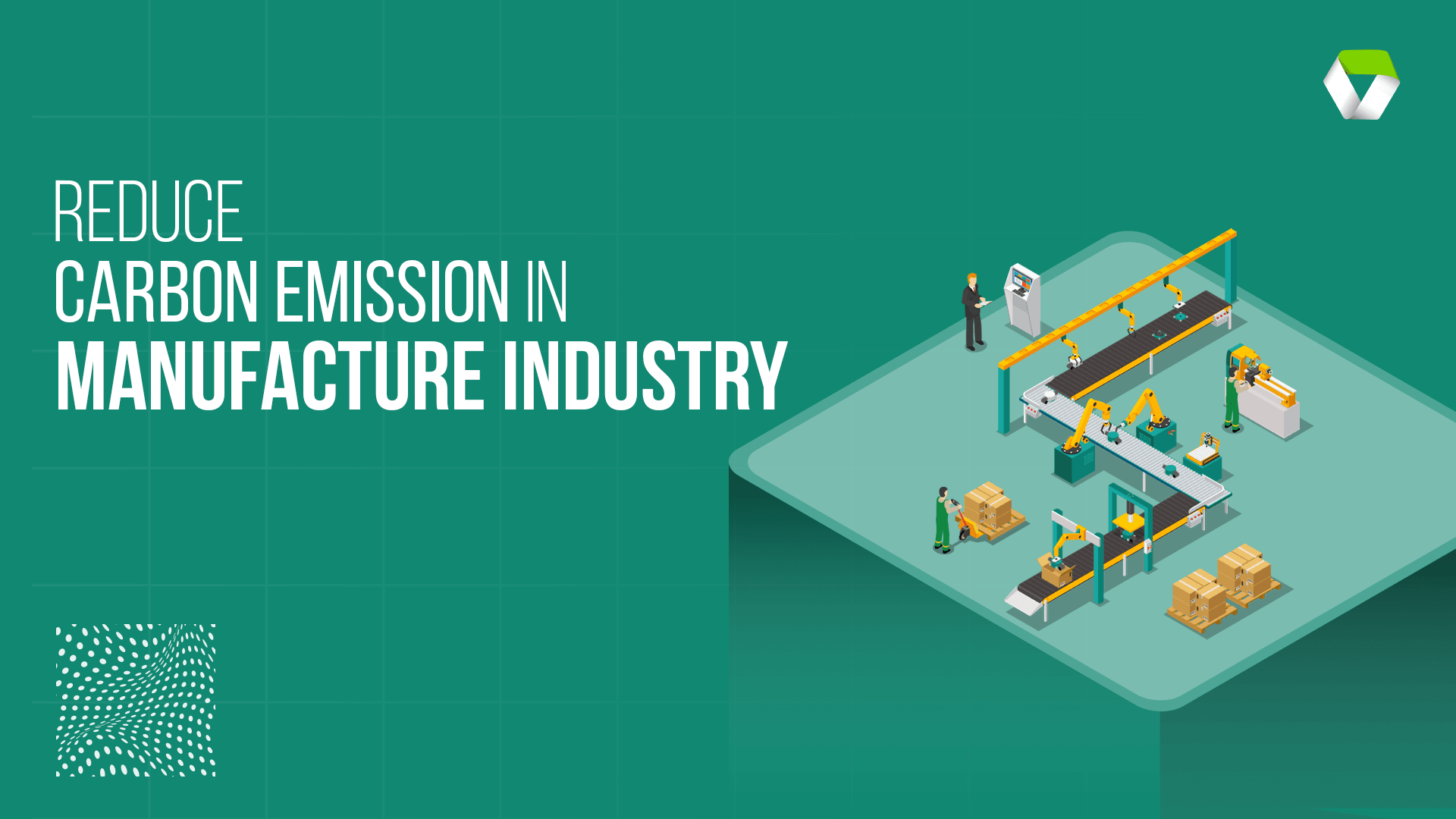Can Small Businesses Afford Carbon Accounting Software?

In a world where sustainability has become a non-negotiable aspect of business operations, the ability to track and manage carbon emissions has taken center stage. Carbon accounting software has emerged as a critical tool for businesses seeking to reduce their environmental footprint and demonstrate their commitment to sustainability. However, for small businesses operating on tight budgets, the question arises: Can they afford to invest in such software?
In this article, we delve into the accessibility and affordability of carbon accounting software for small businesses, exploring how these tools can be a game-changer in their sustainability journey.
Understanding Carbon Accounting Software
Before we dive into the affordability aspect, let's first understand what carbon accounting software entails. At its core, carbon accounting software enables businesses to measure, monitor, and manage their greenhouse gas emissions. These emissions, often referred to as carbon footprints, encompass all the greenhouse gases released directly or indirectly as a result of an organization's activities.
Carbon accounting software helps businesses track emissions across various sources, such as energy consumption, transportation, and waste generation, providing valuable insights into where emissions occur and how they can be reduced.
Accessibility and Affordability: Bridging the Gap
Accessibility to carbon accounting software has historically been skewed towards larger corporations with hefty budgets and dedicated sustainability teams. Enterprise-level solutions offer a plethora of features and functionalities, from real-time data monitoring to sophisticated analytics, tailored to meet the complex needs of multinational corporations. However, the high upfront costs and ongoing maintenance fees associated with these solutions often put them out of reach for small businesses.
Fortunately, the landscape is evolving, with an increasing number of software providers recognizing the need to cater to the needs of small businesses. Today, small businesses can access a range of carbon accounting software solutions specifically designed with affordability and ease of use in mind. These solutions offer streamlined interfaces, intuitive reporting tools, and flexible pricing structures, making them accessible to businesses of all sizes. By opting for cloud-based software with subscription-based pricing models, small businesses can avoid hefty upfront investments and scale their usage as they grow.
The Value Proposition for Small Businesses
While the affordability of carbon accounting software is a crucial consideration for small businesses, it's equally essential to evaluate the value proposition these tools offer. Beyond simply tracking emissions, carbon accounting software can be a catalyst for positive change within small businesses. Here's how:
- Cost Savings and Efficiency Gains
By identifying inefficiencies in energy usage, transportation, and resource management, small businesses can uncover opportunities for cost savings and operational efficiencies. For example, by optimizing routes for delivery vehicles or implementing energy-saving measures in office spaces, businesses can lower their utility bills and improve their bottom line. - Enhanced Brand Reputation
In today's socially conscious marketplace, consumers are increasingly gravitating towards businesses that prioritize sustainability. By demonstrating a commitment to reducing their carbon footprint, small businesses can differentiate themselves from competitors, attract environmentally-conscious customers, and build a positive brand reputation. - Risk Mitigation
Climate change poses significant risks to businesses, ranging from supply chain disruptions due to extreme weather events to regulatory changes aimed at reducing emissions. By proactively managing their carbon footprint, small businesses can mitigate these risks and build resilience against future uncertainties. - Long-term Sustainability
Investing in carbon accounting software is not just about meeting regulatory requirements or satisfying consumer demand—it's about securing the long-term sustainability of the business. By adopting sustainable practices and reducing their environmental impact, small businesses can future-proof their operations and contribute to a more sustainable future for all.
Finally
The upfront costs of carbon accounting software may seem daunting for small businesses, but the benefits far outweigh the investment. As the world grapples with the challenges of climate change and environmental degradation, businesses—regardless of size—must take proactive steps to reduce their carbon footprint and embrace sustainability.
Carbon accounting software provides small businesses with the tools they need to measure, monitor, and manage their emissions effectively, paving the way for a more sustainable future. The real question is not whether small businesses can afford to invest in carbon accounting software—it's whether they can afford not to. By unlocking the power of sustainability, small businesses can drive positive change, foster innovation, and thrive in a rapidly changing business landscape.





